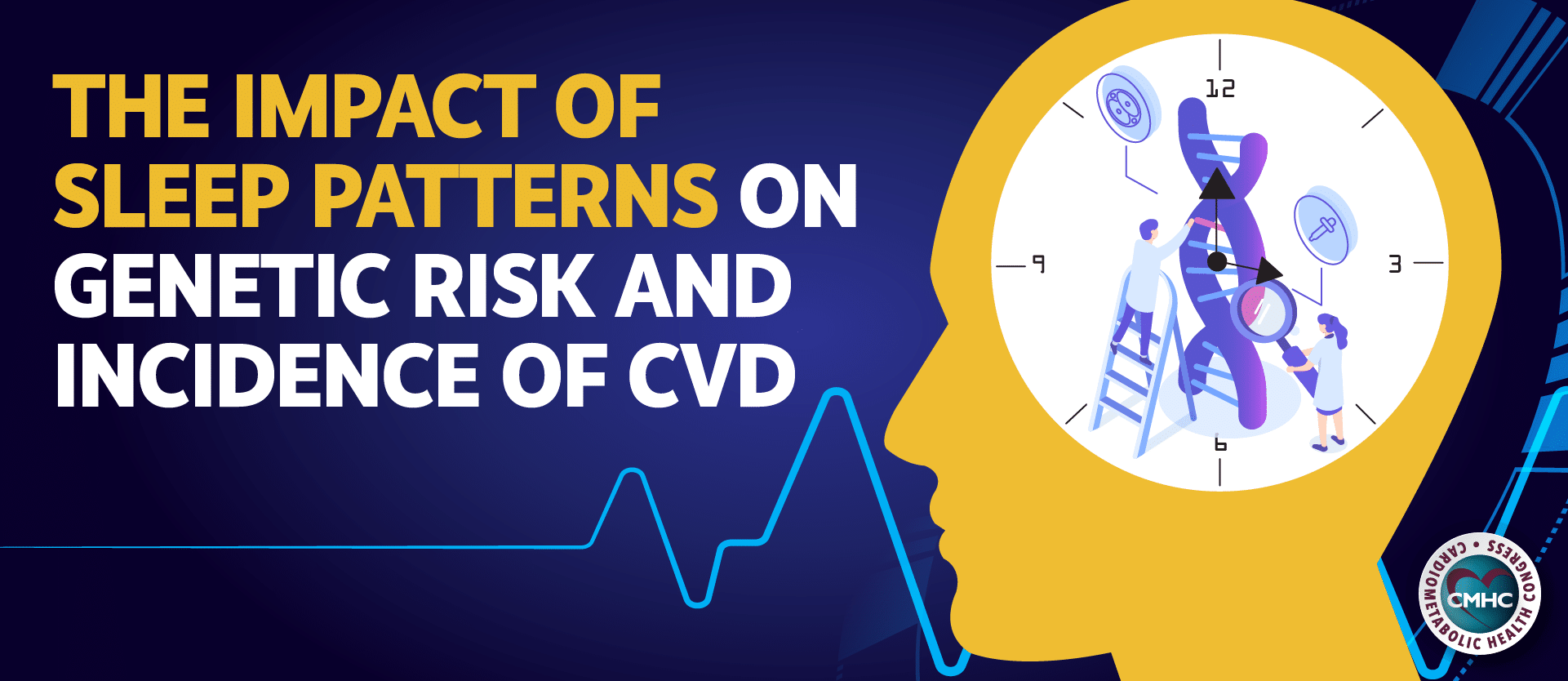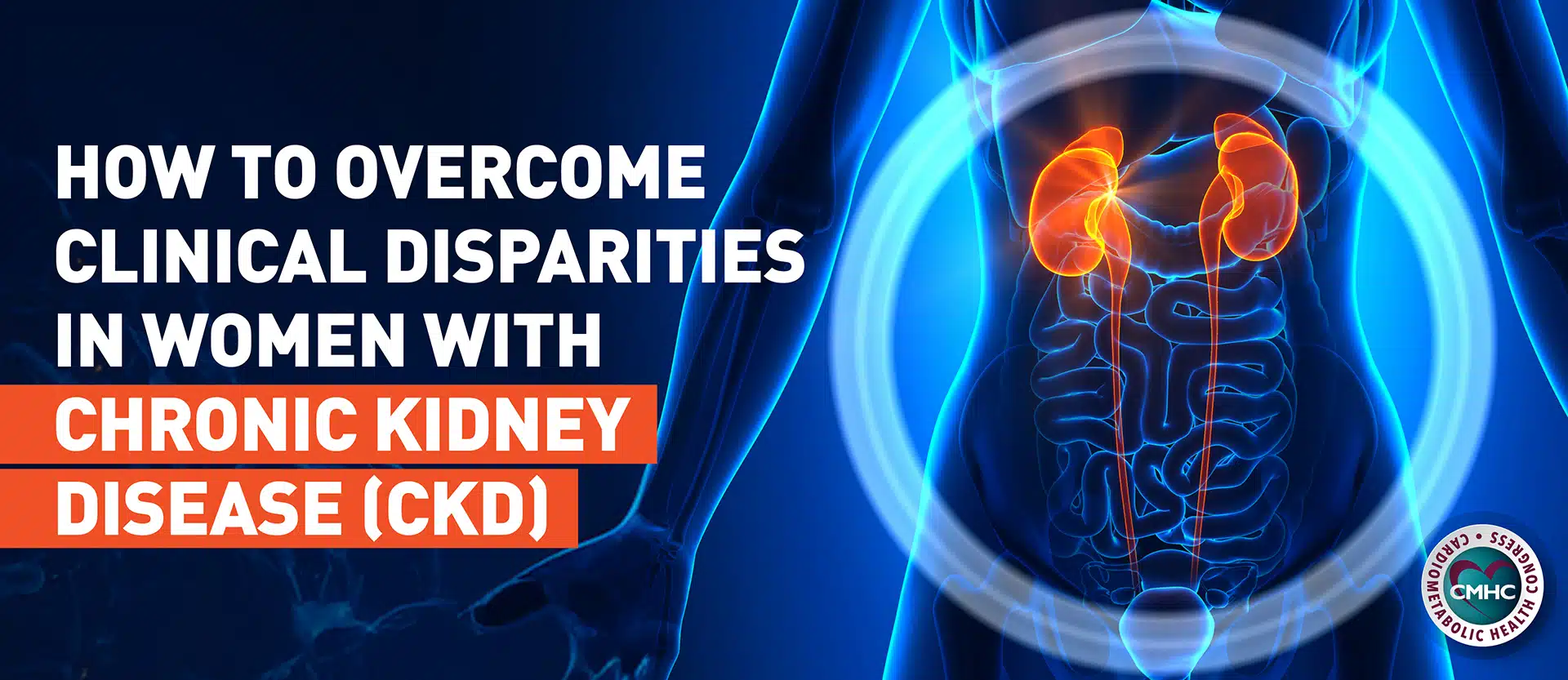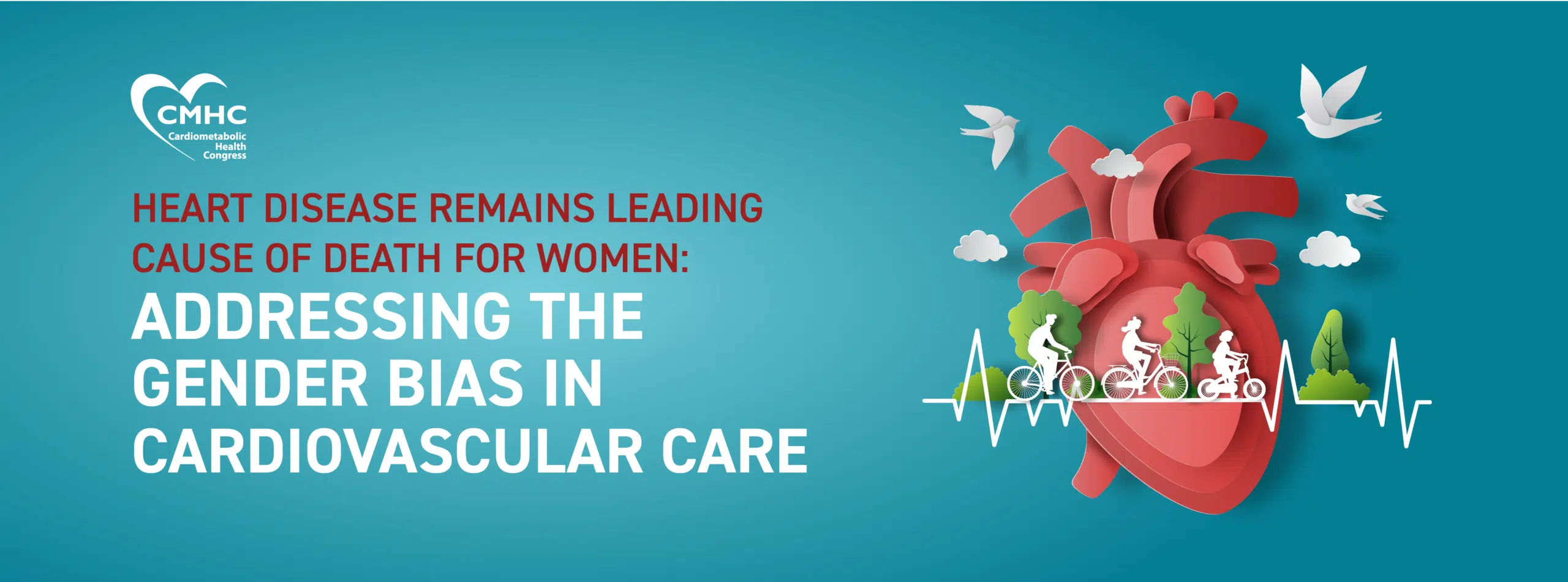Out of the many important risk factors for cardiovascular disease, several are related to individual lifestyle patterns. Emerging evidence implicates that sleep behaviors may play a larger role in cardiovascular disease risk than previously thought. Individuals with unhealthy sleep habits, such as insomnia, snoring, and daytime sleepiness, may face an increased CVD risk between 10% and 40%. In addition to lifestyle habits, genetic factors contribute to CVD risk; recent evidence suggests genetic susceptibility might interact with lifestyle patterns to influence cardiometabolic health outcomes.
To date, limited research has been conducted on the impact of various sleeping patterns on genetic risk and incidence of cardiovascular disease. Previous studies have assessed sleep behaviors individually, not taking into account the complexity and correlations of several different sleep behaviors which may play a significant role in determining risk profiles. However, whether healthy sleep patterns may mitigate the effect of genetic predisposition on cardiovascular disease incidence remains unknown.
In an effort to clarify the association between these two CVD risk factors, a team of researchers led by Lu Qi, MD, PhD, director of the Obesity Research Center at Tulane University, evaluated the impact of sleep patterns on cardiometabolic outcome “Since we know that sleep behaviors are complex and interact with each other, we wanted to consider them all together,” said Dr. Qi, MD, PhD, in an interview with Medscape Cardiology.
Sleep Patterns, Genetic Risk, and Incident CVD
To quantify the association of combined sleep patterns and genetic risk with the incidence of cardiovascular disease,the team of researchers evaluated over 385,000 participants with no prior history of cardiovascular disease. Participants’ data were sourced from UK Biobank – a large, prospective study of individuals between 37 and 73 years of age who provided blood samples for genotyping as well as self-reported sleep and other health-related behaviors.
Researchers determined a healthy sleep score based on five sleep behavior factors – which included chronotype, duration, insomnia, snoring, and excessive daytime sleepiness. Low-risk groups were identified as participants with early chronotype as well as those who slept 7-8 hours per day, never or rarely experienced insomnia, did not snore, and did not report frequent excessive daytime sleepiness. The study’s authors then calculated the weighted genetic risk scores of cardiovascular disease by analyzing single-nucleotide polymorphisms with a known association with coronary heart disease and stroke.
Increased Risk Associated with Poor Sleep Quality
The team’s findings were published in the European Heart Journal and revealed a decrease in the risk for heart disease and stroke correlated to healthy sleep patterns, even among participants with a high genetic risk. During the median follow-up period of 8.5 years, there were 7,280 documented incidents of CVD, of which 4,667 were cases of coronary heart disease and 2,650 were stroke cases. Compared with participants who had a sleep score between 0 and 1, participants with a score of 5 experienced a reduced risk of CVD, CHD, and stroke at rates of 35%, 34%, and 34%, respectively.
Approximately 10% of the cardiovascular events that occurred in this cohort could be attributed to poor sleep patterns, the researchers wrote. Furthermore, participants with poor sleep patterns and a high genetic risk showed the highest risk of CHD and stroke.
Researchers also found an increased risk for coronary heart disease as genetic risk factors increased and healthy sleep patterns decreased. In the most extreme cases, participants with high genetic risk – who also had poor sleeping habits – faced a 2.5 times increased risk for coronary heart disease compared with those with low genetic risk and healthy sleep patterns. Comparatively, participants who entered the study with a low genetic risk experience an increase in risk as a result of poor sleep behaviors.
Although the study was observational in nature and the association between sleep patterns and cardiovascular events cannot be considered causal, the latest findings reveal the potential significance of healthy sleep behaviors – particularly for patients with high genetic predispositions for cardiovascular disease. Dr. Qi and colleagues assessed the population attributable risk, which implicated that if the associations were indeed causal, then “more than 10% of CVD, CHD, and stroke events would not have occurred if all participants had been in the low-risk group for all five sleep factors.” Thus, promoting healthy sleep patterns and improving the treatment of sleep disorders may provide to be a vital prevention method of cardiovascular disease, regardless of the patient genetic risk profile.


















